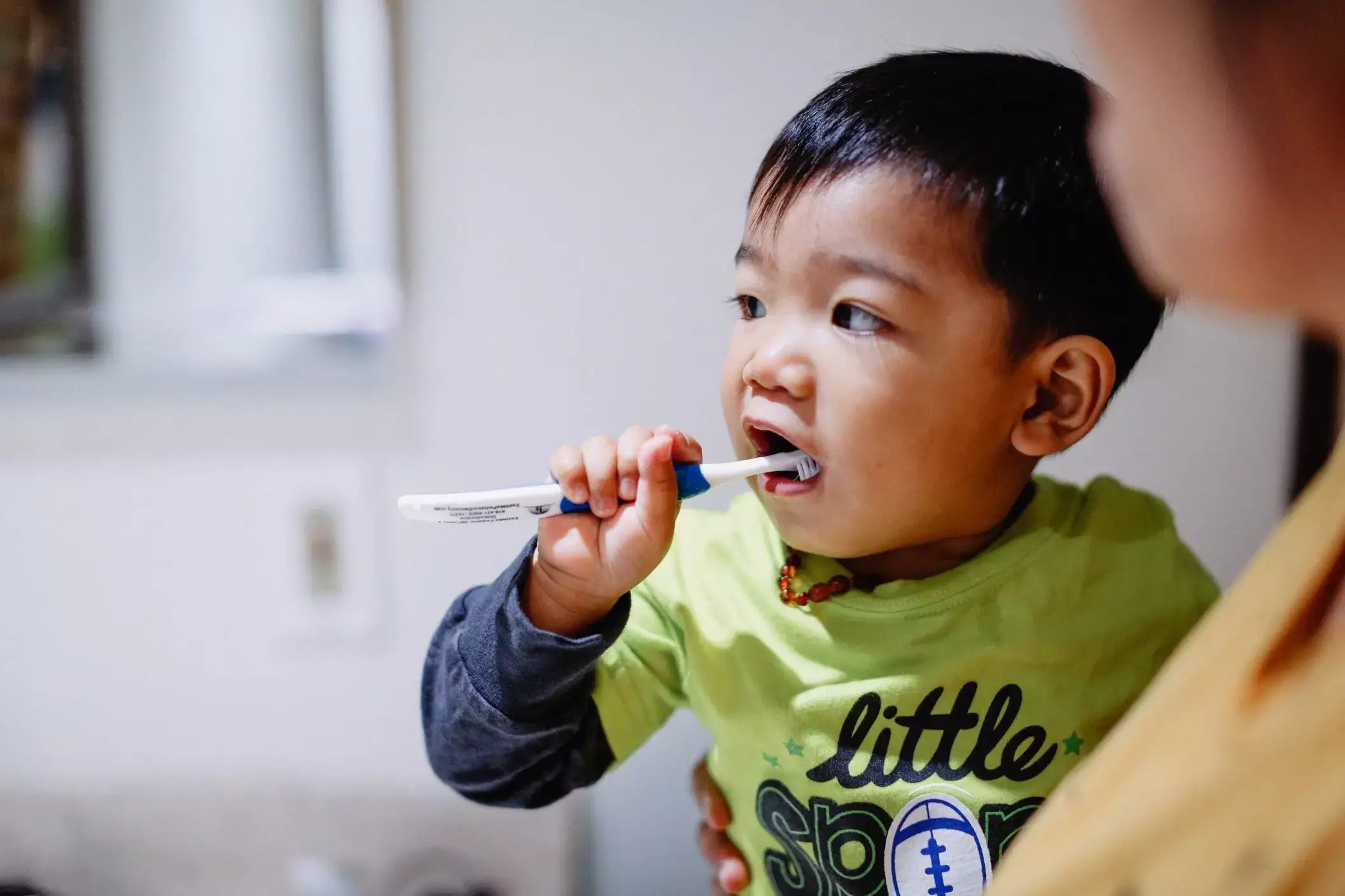As a practitioner in the dental field and a parent, I can attest to the challenges of instilling good dental hygiene habits in young children. The first encounters with a toothbrush can often spiral into emotional outbursts, particularly among toddlers. The American Academy of Pediatric Dentistry suggests that a child should visit the dentist when their first tooth comes in or before their first birthday. However, laying manageable groundwork before that initial appointment can significantly enhance the experience. Here’s a comprehensive guide to help parents navigate their toddler’s first dental visit with less stress and more confidence.
Establishing Early Dental Routines
One of the most crucial steps is to cultivate a dental hygiene routine from infancy. We initiated our children’s oral care by cleaning their gums and mouths using a soft cloth or an infant toothbrush with just water. This gentle introduction familiarizes them with the process right from the outset. Between the ages of 12 to 18 months, we transitioned to brushing using a non-fluoridated toothpaste. Early exposure to a consistent tooth-brushing schedule enabled our children to incorporate dental care seamlessly into their daily routines, reducing anxiety for their upcoming dental visits.
The importance of routine cannot be overstated, as it promotes familiarity and comfort. Just like adults, toddlers should brush their teeth twice daily for a duration of 2 to 3 minutes. Timing is key; for instance, if a child is usually asleep by 8 PM, scheduling their nightly brushing session for 7:15 PM can prevent fatigue-related resistance. The pre-bedtime brushing routine is particularly effective when children are more amenable and less cranky.
What toothpaste to use can make a critical difference in transforming tooth-brushing from a chore to a fun activity. While mint may be the favored flavor for adults, toddlers often respond better to playful, sweeter flavors such as bubblegum or chocolate. Parents can introduce a small, pea-sized amount of non-fluoridated toothpaste starting at 18 months, allowing children to develop the spitting technique by age 2, which then opens the possibility for fluoride toothpaste—an essential step in combating cavities.
Choosing the right flavored toothpaste ensures that toddlers associate brushing their teeth with a pleasant experience. Familiarity with dental hygiene products can help nurture a positive attitude toward oral care.
The dental office often appears daunting with its pristine environment and unfamiliar sounds, making it vital to prepare toddlers effectively. To help ease their anxiety, follow the “Tell, Show, Do” approach. First, educate your child about the role of the dentist and the importance of routine check-ups.
Transition into the “show” phase by reading children’s books that depict dental visits as friendly and approachable. This storytelling can demystify the experience while promoting a sense of security. Lastly, undertake a brief visit to the dentist’s office before their appointment. Allow your child to explore the surroundings, touch dental equipment, and observe where they will eventually sit. This firsthand exposure helps normalize the experience.
Furthermore, role-playing a dental visit with toys or stuffed animals can be incredibly effective. This playful simulation encourages toddlers to grasp what to expect and makes them feel in control, thus easing their apprehension.
Even with careful preparation, we must accept that not every first dental visit will be a smooth one. However, positive reinforcement can make a remarkable impact. Complimenting children for their bravery and rewarding engaged behavior creates an association between dental care and positive outcomes.
Consider small rewards—from stickers to a visit to the playground—as incentives for embracing good dental practices and navigating their first visit. Such rewards don’t just make the process enjoyable, but they also instill a sense of accomplishment, which encourages children to value their oral health.
The journey toward developing sound dental habits for toddlers necessitates patience and creativity from parents. By implementing a structured routine and employing effective communication strategies, the experience becomes less intimidating and more enlightening. Just remember, every positive step taken today paves the way for a lifetime of healthy habits and beautiful smiles.

